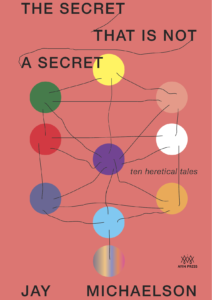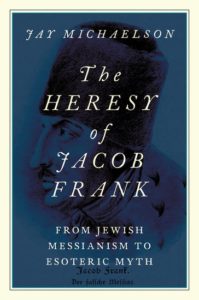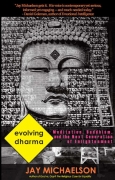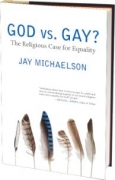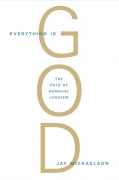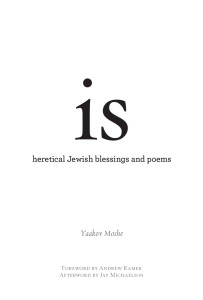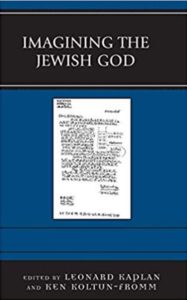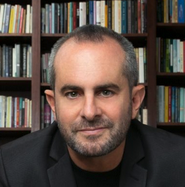Jacob Frank: A Revisionist View | Columbia University
Free
at Columbia University
Fayerweather Hall
New York, NY
Thanks mostly to Gershom Scholem, the great heretic Jacob Frank (1726—91) is remembered as a false messiah, a Kabbalist, and the “end of the Sabbatean heresy.†In fact, sources unavailable to Scholem, chiefly Zbior SÅ‚ow Panskich (“The Collection of the Words of the Lordâ€) show that Frank is none of these things.
Frank is not a messiah; his program is one of personal immortality, not communal redemption. He is not a Kabbalist, and ridicules its other-worldliness in favor of this-worldly materialism and magic. And Frankism bears but one of Scholem’s five characteristics of Sabbateanism, while Frank mocks Sabbetai Zevi and insisting that his (Frank’s) mission is a different one.
Nor is Frank a “boor,†as Scholem also once proposed. Frank’s philosophy in ZSP is a rigorous materialism, and his proper societal context is the 18th century Western Esoteric movement known as Illumnism.
Frank reinterprets religious symbols as magical objects, and proposes a gradual, alchemical-style process of pursuing, and gaining, immortality. His is a world filled with innovative figures: the Big Brother, a parallel to Frank who lives forever; the Maiden, a principle of embodied sexuality; and wholly new presentations of Asmodeus, Jacob and Esau, King Solomon, the baalei kabin, and other figures from Jewish tradition and folklore.
Once the most reviled Jew in Europe, who led the largest apostasy in Jewish history in 1759, Frank eventually becomes the leader of a quixotic, quasi-Masonic secret society at the center of a heretical European underground—complete with intrigue at the Hapsburg Court, impersonation of Russian nobility, and running guns for the French Revolution.
As an esotericist, charlatan, and hybridizer, Frank is not the last Sabbetai Zevi; he is the first Philip Berg.
